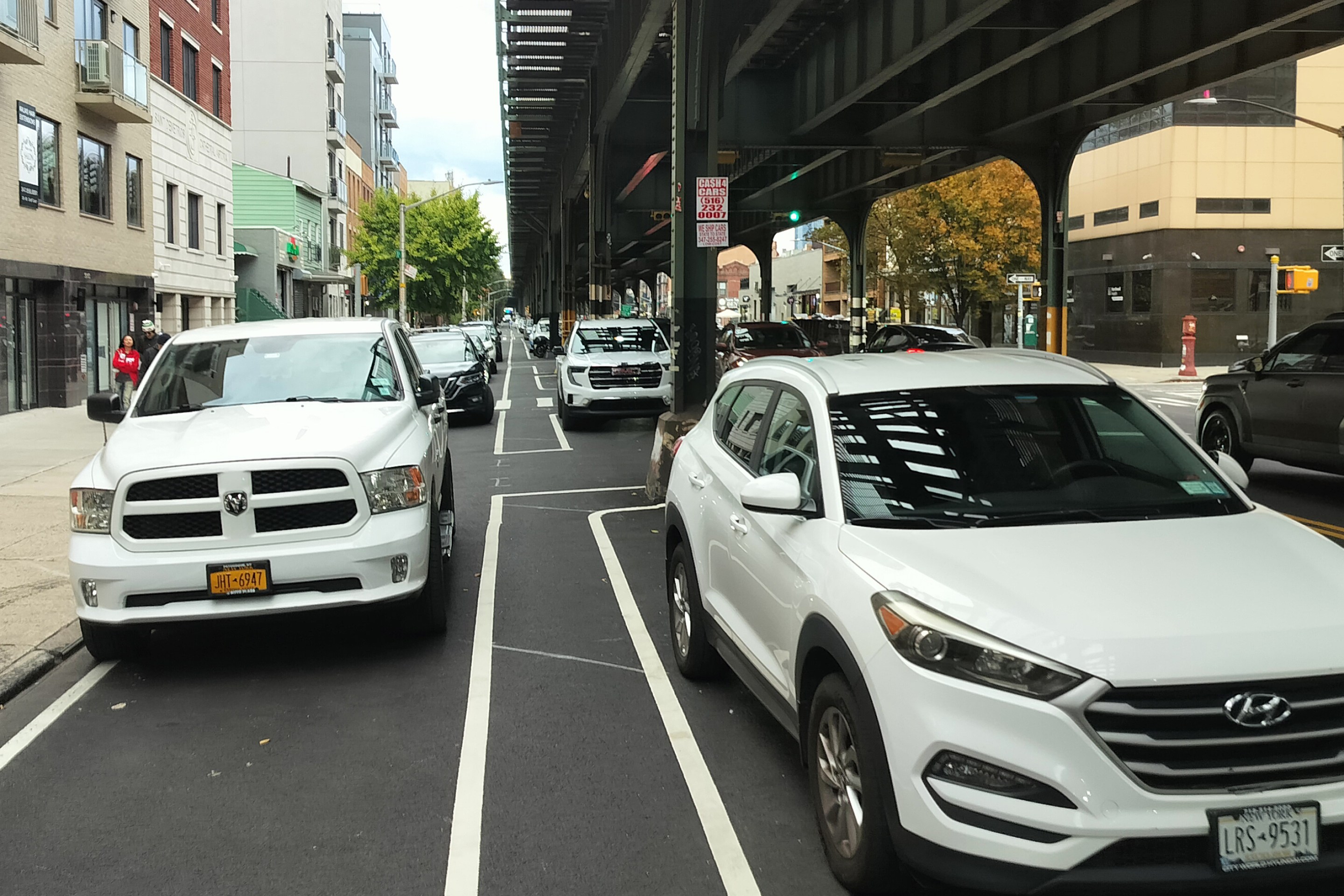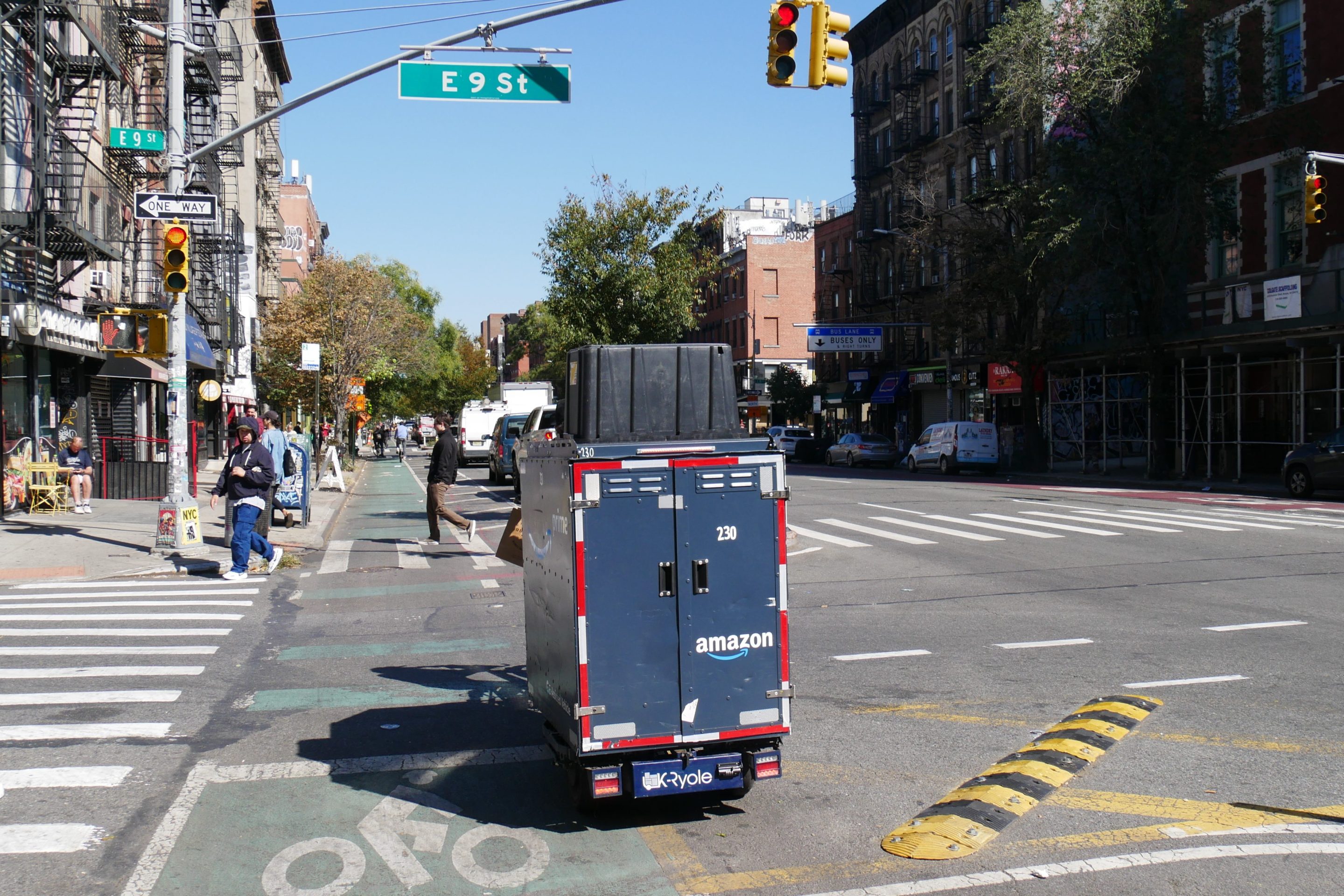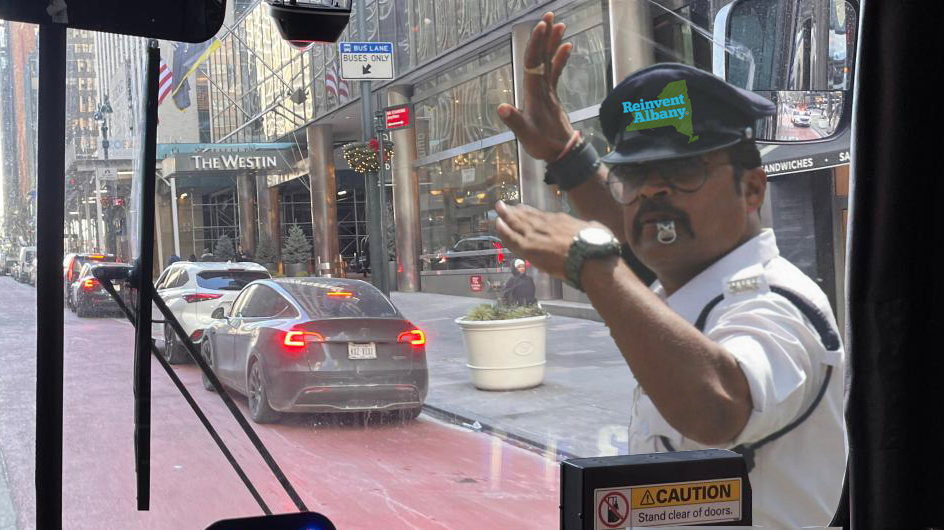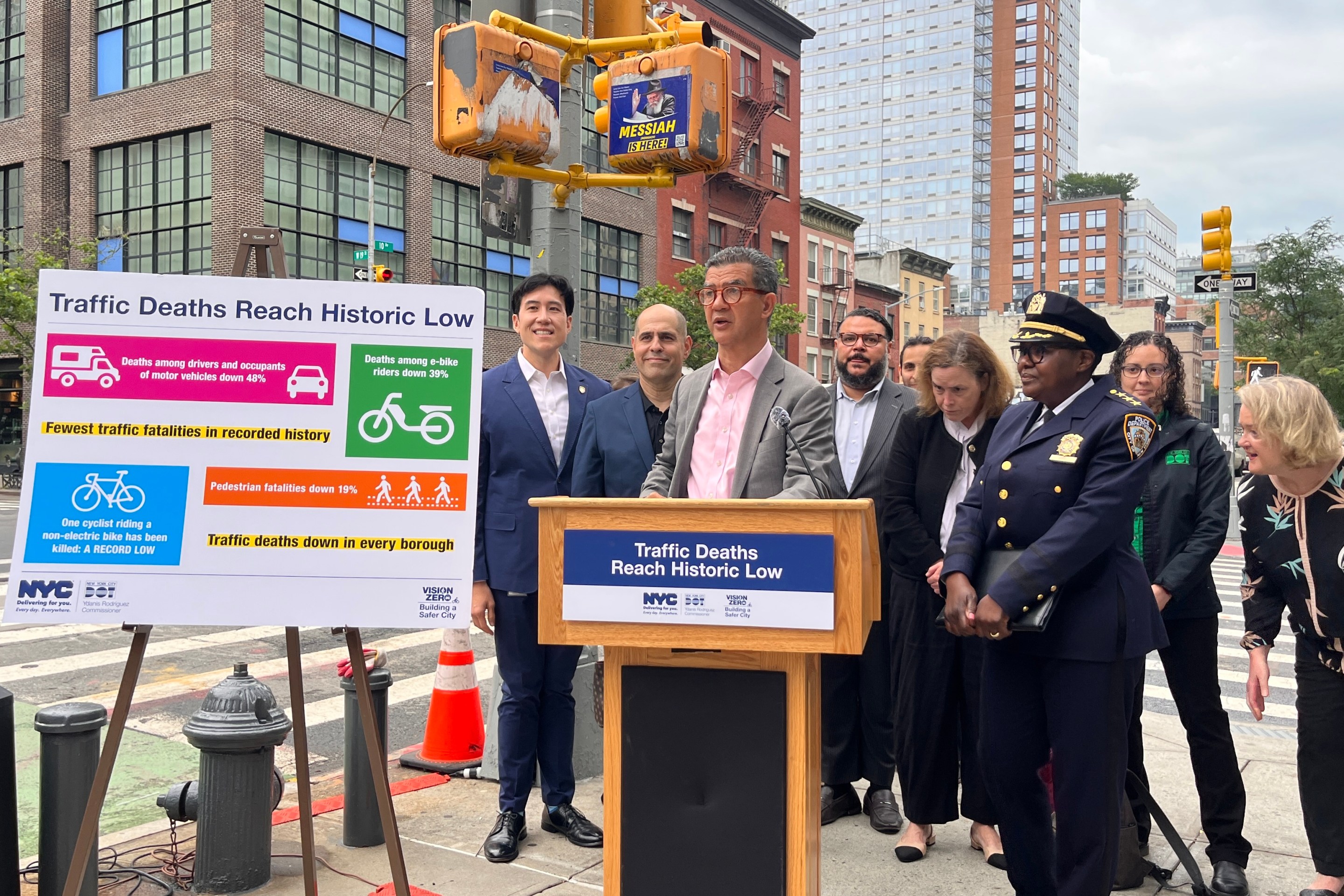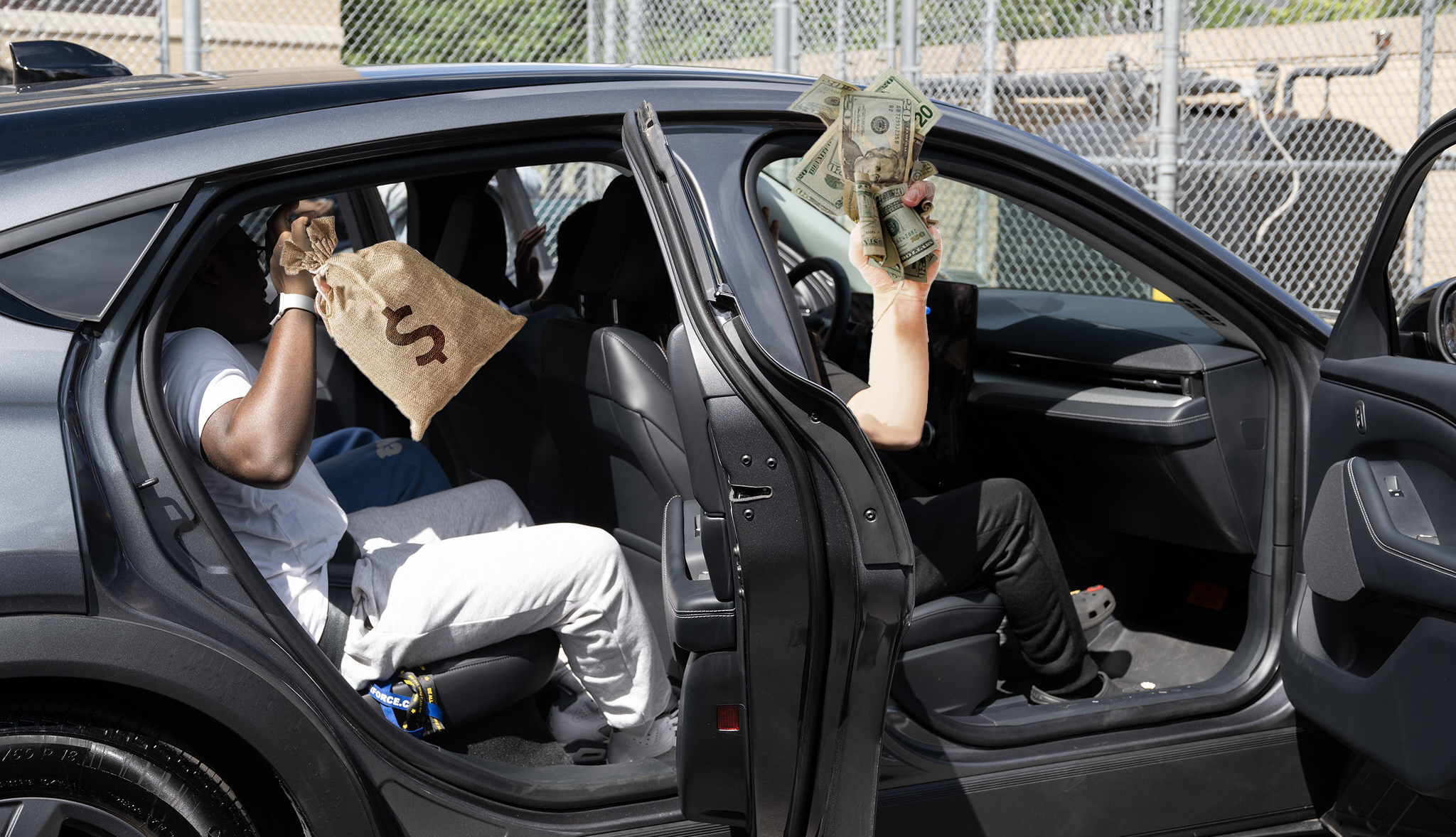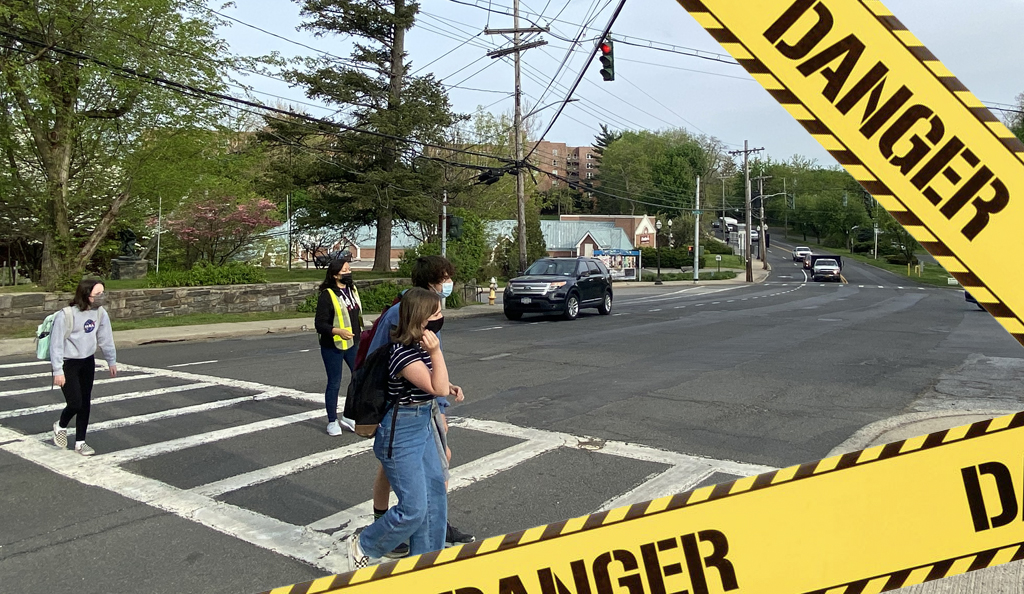I’m happy to report that financially, things are going well for me. As a veteran public-school teacher, I’ll soon hit the top salary of $140,000, while my wife does very well as a publishing executive. Meanwhile, our youngest just graduated from college debt free, and we’ve recently returned from a free-spending vacation abroad.
I’m telling you this not to gloat about my good fortune, but to point out an absurdity. In the battle over congestion pricing, my union president, Michael Mulgrew, declared me to be part of the city’s “working class” and said it would be unfair if I had to pay a congestion toll.
Mulgrew made this claim after his recent lawsuit against the MTA’s congestion pricing plan. While we might expect this from a union leader pandering to his members, my fear is that Gov. Hochul might take him seriously and botch the eventual rollout of congestion pricing if she rolls out a modified plan later this year.
Any such plan would be a big step forward, but I’m concerned about rumors that Hochul plans to exempt teachers and other city workers from paying the toll. Such a move would be illogical, unfair, and bad for our image, while undermining the plan’s intent.
Working in a high-poverty school system, I want to avoid giving families a legitimate reason to see me selfish or privileged.
Contrary to the hyperbole coming from congestion-pricing opponents, it’s hardly unusual to have to pay to travel to work. Most city workers already pay public transit fares or bridge or tunnel tolls each day. So if neither Mulgrew nor Hochul seems interested in reducing these people’s commuting costs, they shouldn’t lose sleep over a few who work in the zone.
Furthermore, while a $15 toll might sound high to those who are used to a free trip, many commuters already pay as much or more. A train to Manhattan from even our closest suburbs costs more than $15 daily, including subway fare, while an express bus from the outer boroughs is $14 a day. Mulgrew and Hochul should stop pretending that what is considered reasonable for public transit riders is somehow oppressive for motorists, especially given all the negative aspects of automobile use that are externalized to society instead the drivers causing the damage.
There is a plan that fully funds the MTA and was already voted on. Hochul is just acting like a dictator and opposing the plan because she cares more about drivers from New Jersey
— sam (@sam_d_1995) September 3, 2024
Another argument we hear from congestion-pricing opponents is that it would be unfair to charge those who “have” to drive into the zone due to poor transit options. They cite commuters who live in transit deserts or work late when service is less frequent. But if such people did have good transit access, they would, of course, pay to use it, so this argument makes no sense (unless we’re discussing those uniformed service members who currently ride for free).
We could also flip this argument by observing that some people “have” to take transit because they don’t own a car or because roads are too congested during rush hour. So, unless Hochul is proposing free fares for them, there’s no reason she should do the same for drivers. If fairness is her concern, she could easily consider prioritizing cheaper mobility for those who can’t afford cars.
Also, forcing our city to give privileged access to people who don’t live or pay taxes here would be unfair. It would also be an insult to city residents who wouldn’t be exempt or those who suffer from the havoc wrought by excessive traffic. Consider also that many of these exempted drivers would be commuting from towns that ban outsiders from their beaches and other public amenities, purportedly over space concerns.
Finally, it is important that teachers (and other public servants) be treated like everyone else. Yes, our jobs are important and much tougher than people realize, but that’s what we signed up for. We should not be made into a privileged class, placed above those who pay our salaries. Toll discounts or exemptions should continue to be based on income or circumstances, not occupation.
Such favoritism would only further the divide between us and the greater public. Who doesn’t feel resentment each time they pass a police station or fire house where parked cars block sidewalks and bike lanes? Working in a high-poverty school system, I want to avoid giving families a legitimate reason to see me selfish or privileged. I also want to avoid providing a basis for right-wing attacks on public-sector workers as being entitled or unduly influential.
So, while I understand Gov. Hochul’s desire to modify congestion pricing to make it more palatable to the public, she should not create massive carveouts for favored constituencies or powerful players.
Ultimately, congestion pricing needs to fulfill its original purpose, which is to make driving expensive enough to reduce traffic while providing enough MTA revenue to benefit our actual working class, who overwhelmingly ride buses and trains. Discouraging city workers from driving should be part of any good plan.
The boost to the city’s economy and tax base that would come from a well-crafted congestion pricing plan would benefit teachers and other civil servants far more than would a toll break for a tiny few. This should be my union’s and our governor’s priority.

